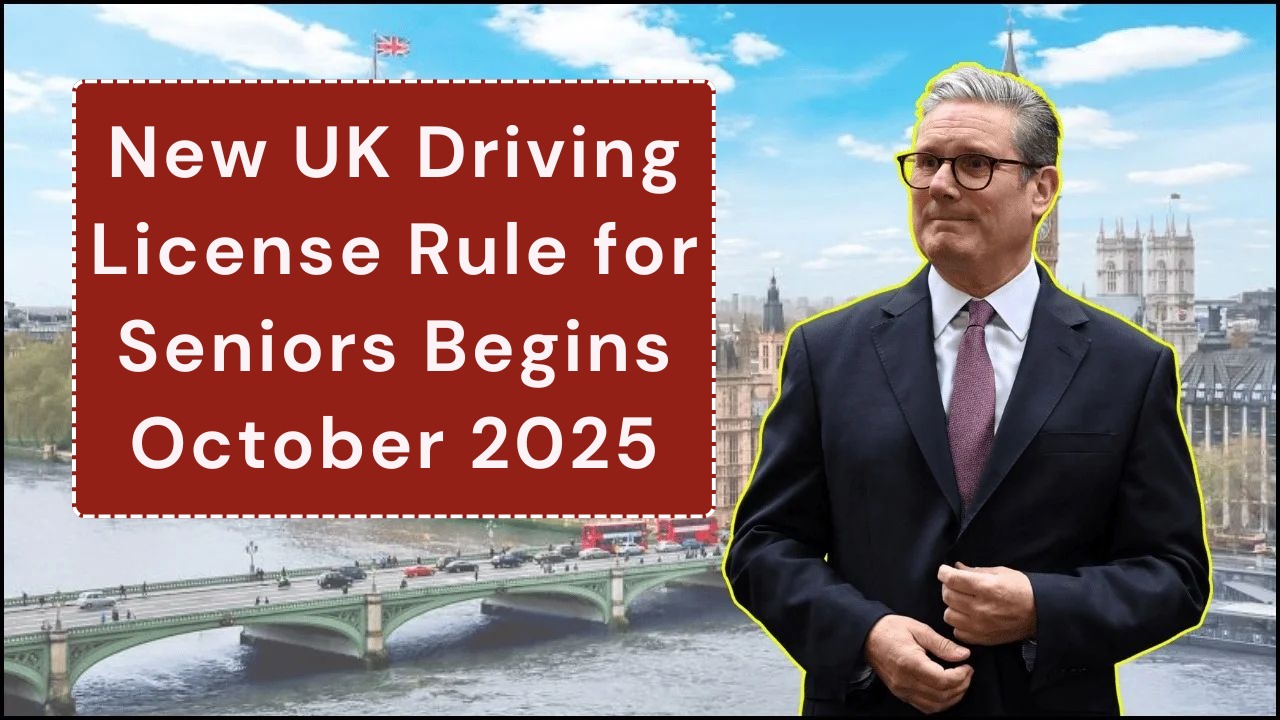Millions of women in the UK are still facing the effects of sudden changes to the State Pension age. Women born in the 1950s saw their retirement age rise from 60 to 66, often with minimal warning, causing unexpected financial pressure and forcing last-minute adjustments to retirement plans.
The Women Against State Pension Inequality (WASPI) campaign has long advocated for fair treatment, highlighting the department’s lack of proper communication with the Department for Work and Pensions (DWP). In response, the government has agreed to provide a one-off, tax-free compensation payment of £2,950 to eligible women, expected to be issued in 2025.
Table of Contents
Overview
| Category | Details |
|---|---|
| Campaign Group | Women Against State Pension Inequality (WASPI) |
| Core Issue | Poor communication of State Pension age increase |
| Affected Group | Women born in the 1950s (approx. 3.8 million) |
| Ombudsman Recommendation | Level 4 compensation of £2,950 |
| Government Decision | Maximum approved payment |
| Payment Type | One-off, tax-free |
| Timeline | Expected by September 2025 |
This payment is intended to recognize the disruption and stress caused, rather than replace the pension income lost due to delayed retirement.
DWP WASPI £2,950 Compensation 2025
The WASPI issue stems from the 1995 and 2011 Pensions Acts, which gradually raised and equalized the State Pension age for men and women. While these changes were legally valid, communication to affected women was insufficient. Many only found out about the pension age rise when they were already nearing retirement, leaving little time to adjust savings or work plans.
As a result, many women had to delay retirement, continue low-paid work, or rely on benefits, creating both financial and emotional strain.
Ombudsman’s Investigation and Findings
In 2023, the Parliamentary and Health Service Ombudsman (PHSO) reviewed the DWP’s handling of the pension age changes. The investigation concluded that maladministration occurred, specifically in how information was communicated. The Ombudsman recommended Level 4 compensation, equating to £2,950 per affected woman.
While the Ombudsman cannot enforce payments, this recommendation applied political pressure on the government. By 2025, ministers agreed to pay the full amount, acknowledging the long-running WASPI campaign and the need to address past miscommunication.
What the £2,950 Payment Means
It’s important to note that this payment is not a replacement for lost pension income. Instead, it recognizes the stress, anxiety, and financial disruption caused by poor communication.
Key details:
- Amount: £2,950, tax-free
- Timeline: Expected by September 2025
- Eligibility: Women born in the 1950s affected by pension age changes
- Process: No application required, but records with the DWP must be accurate
The one-off payment aims to provide some relief and acknowledges the government’s responsibility for prior miscommunication.
Reaction from Campaigners and the Public
The announcement has received a mixed response. While welcomed by some, many campaigners argue it doesn’t go far enough. Women affected often lost tens of thousands of pounds in pension income due to the delayed retirement. Although the £2,950 payment helps, it does not fully compensate for financial losses.
The WASPI campaign continues to explore legal and advocacy routes for additional compensation. Despite criticisms, the government’s decision represents a significant step forward, demonstrating that sustained public pressure and campaigning can influence policy.
Steps Women Should Take Next
Eligible women should ensure their records are up to date to avoid delays in receiving payment:
- Check personal and pension records with the DWP.
- Update bank account information for direct deposits.
- Monitor official announcements for payment timelines.
Being proactive ensures there are no unnecessary delays in receiving the £2,950 compensation.
FAQs
Q1: Who is eligible for the WASPI £2,950 compensation?
A. Women born in the 1950s affected by the State Pension age rise.
Q2: How much will each eligible woman receive?
A. Up to £2,950, paid as a one-off, tax-free payment.
Q3: Do women need to apply for the compensation?
A. No, payments are automatic, but DWP records must be accurate.



